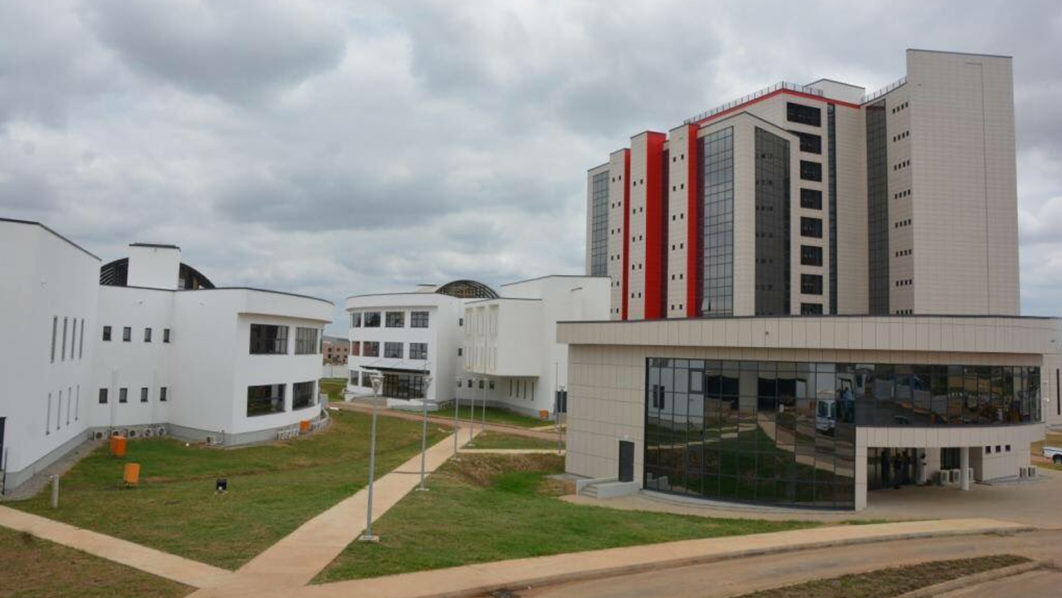 |
| EFCC Headquarters |
A non governmental organisation, Access to Justice (A2J) has urged the Economic and Financial Crimes Commission to remain politically neutral and focus exclusively on fighting corruption without fear or favour.
The group in a statement endorsed by its director and programme officer, Mr. Joseph Otteh and Daniel Igiekhumhe said using the commission’s powers to serve partisan ends would harm the perception of the commission as an unbiased criminal justice agency.
It expressed fear that the EFCC may have already lost a significant measure of public goodwill, standing and trust, and so, harder for it to rebuild its credibility following the recent incident involving two senators.
The EFCC had allegedly barricaded the residence of deputy senate president, Ike Ekweremadu and the president, Bukola Saraki last week.
According to A2J, the invitations given to the senate president and deputy, as well as the heavy presence of security and law enforcement agents at the residences of those senators to barricade their movement was a plot to ensure the senate could not conduct its proceedings, owing to the absence of its principal officers.
In this article:
The group in a statement endorsed by its director and programme officer, Mr. Joseph Otteh and Daniel Igiekhumhe said using the commission’s powers to serve partisan ends would harm the perception of the commission as an unbiased criminal justice agency.
It expressed fear that the EFCC may have already lost a significant measure of public goodwill, standing and trust, and so, harder for it to rebuild its credibility following the recent incident involving two senators.
The EFCC had allegedly barricaded the residence of deputy senate president, Ike Ekweremadu and the president, Bukola Saraki last week.
According to A2J, the invitations given to the senate president and deputy, as well as the heavy presence of security and law enforcement agents at the residences of those senators to barricade their movement was a plot to ensure the senate could not conduct its proceedings, owing to the absence of its principal officers.
In this article:
